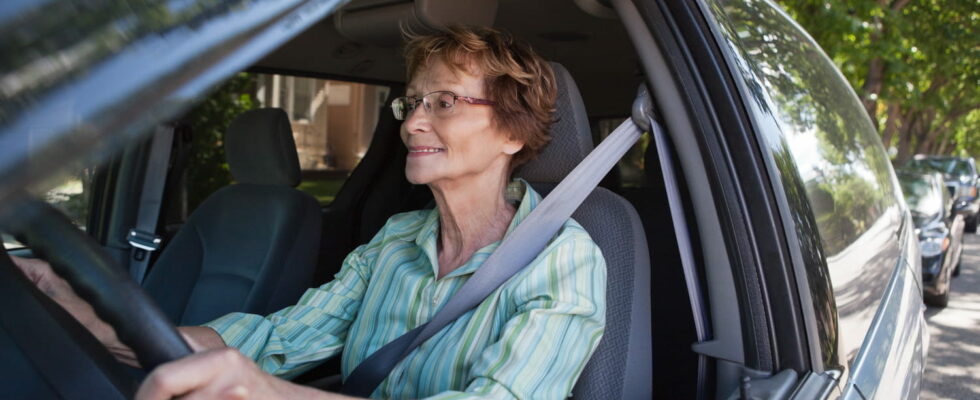The driving of elderly people has been debated for several months… But a preconceived idea tends to circulate, wrongly.
Because of their age, older people are often judged when they drive. Do they represent more danger than others on the road and up to what age can you really get behind the wheel? According to statistics, seniors over 75 have almost as many accidents as young people between 18 and 24. The causes of the accident are nevertheless different: for older people, it is more a question of refusal of priority, inattention or discomfort, while for young people, speed, consumption of alcohol or drugs are more important. the main causes, specifies Road Safety.
Also, if a senior or someone close to them notices difficulty driving, certain measures can be put in place, particularly if you see certain signs appearing over the years. This may include a reduction in reflexes and difficulty concentrating, a reduction in movements or the quality of hearing, a reduction in vision or even an alteration in the perception of light. .
The driver can maintain his autonomy, but he will have to adapt his mobility according to his state of health. Road Safety recommends, for example, avoiding long journeys or unfamiliar routes, planning breaks, driving during the day and not taking the road during rush hours or even planning your journeys in advance.
But then, should we warn other users that an elderly person is behind the wheel, as is the case for young drivers with the A sticker? Contrary to what many people think, putting an S on the back of your vehicle is not an obligation, just like a medical fitness examination.
Let us also remember that there are refresher courses to enable people who feel the need to drive safely and regain confidence.
